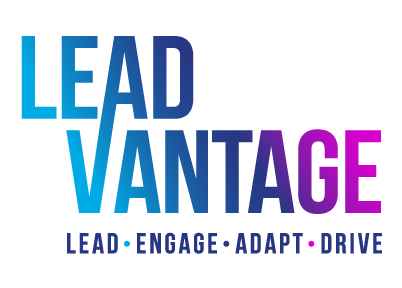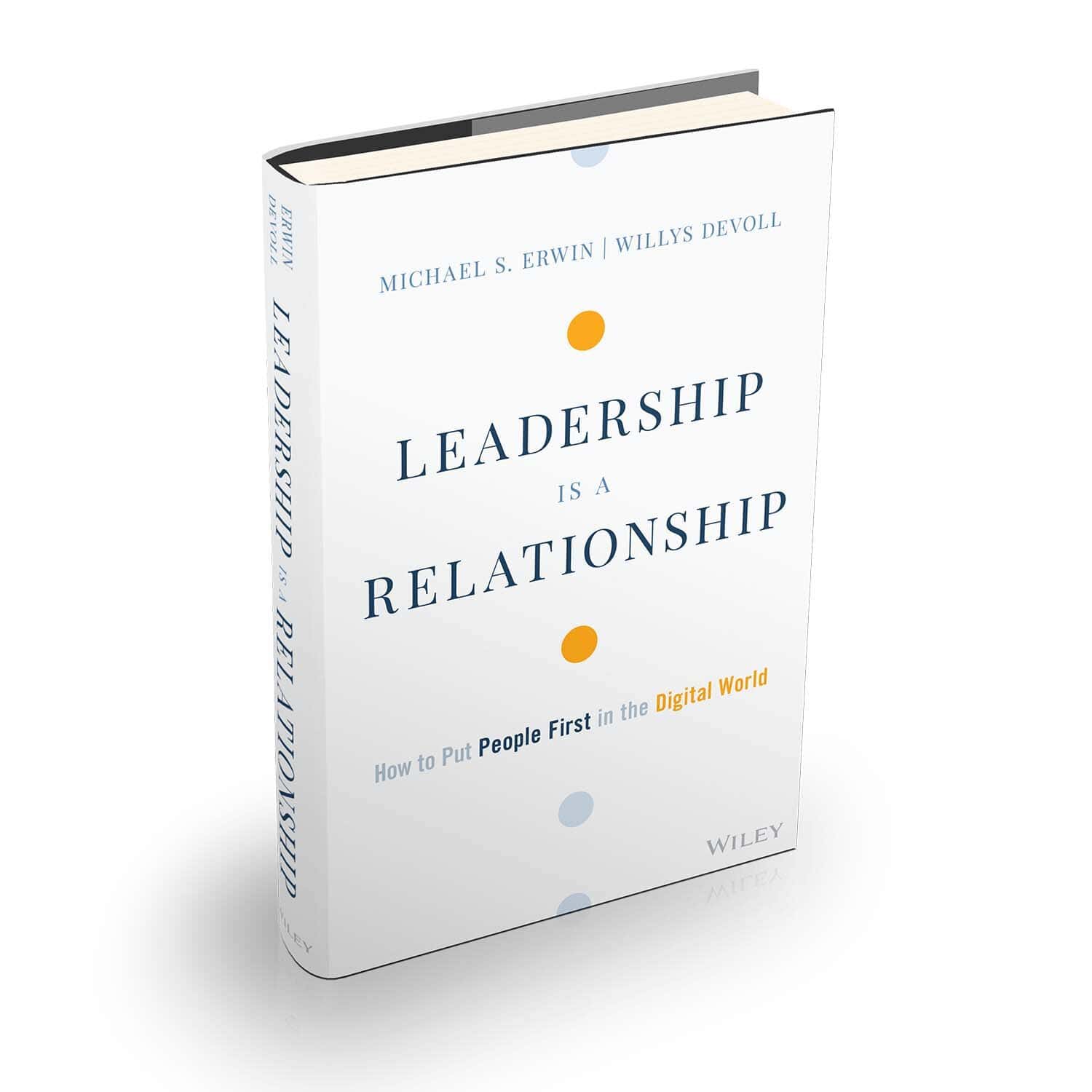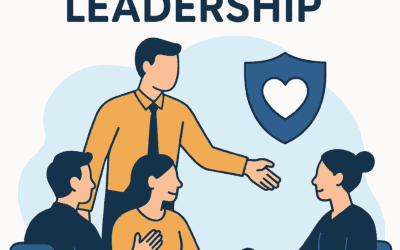“Michael Erwin and Willys DeVoll highlight how connections leaders forge matter every bit as much as the vision they deliver.” Adam Grant
A strong relationship and effective leadership go hand in hand, fostering growth and success. Erwin and DeVoll’s framework offers valuable lessons and insights on how fostering strong, resilient connections can enhance personal and organizational growth. Here are seven key principles from their approach:
1. The Right Amount of Tension in a Relationship
Sensitive leaders understand the importance of constructively holding people accountable. Accountability isn’t about exerting pressure or enforcing strict compliance; it’s a daily practice of reliability, trust, and striving for high standards. Leaders encourage growth and improvement while fostering a supportive environment by maintaining the right amount of tension. This balance ensures that individuals feel challenged yet supported, driving them to achieve their best without fear of undue criticism.
“Accountability based care inspires us to grow, rather than just fear negative consequences.”
Tip: Lead by example. Leaders should consistently demonstrate accountability in their own actions, showing that they are willing to take responsibility for their decisions and outcomes.
2. Forgiveness Every Day
A crucial aspect of leadership is acknowledging failings with clarity and using that clarity to grow together. Embracing a spirit of forgiveness empowers leaders and team members to take bigger risks and act with greater conviction. Leaders can cultivate a continuous improvement and innovation culture by fostering an environment where mistakes are seen as learning opportunities rather than failures. This daily practice of forgiveness strengthens relationships and promotes a positive, forward-thinking mindset.
Tip: Acknowledge mistakes openly and constructively. This involves recognizing and addressing errors without placing blame and instead focusing on learning, growth, and the relationship.
3. Jump Back Together and Create Resilience
Resilience is a vital tool for navigating both short-term challenges and long-term adversities. Strong relationships enable individuals and teams to face challenges together, reinforcing their collective strength. Resilience isn’t merely about returning to a previous state; it involves acting bravely in difficult times and emerging in new, often unforeseen places. Leaders who cultivate resilience within their teams build a foundation for sustained success and adaptability.
Tip: Cultivate a mindset of adaptability and continuous learning. Encourage team members to view challenges and setbacks as opportunities for growth and development rather than insurmountable obstacles.
4. The Vocabulary of Trust
“Trust-based relationships allow us to do better work and feel better while we’re at it. When we trust each other, especially those we’re working besides, we free ourselves from always looking over our shoulders, propelling us to direct our energy to more important things.”
Building trust begins with vulnerability. When leaders demonstrate that they can be authentic and open, they create an environment where team members feel comfortable being themselves. This authenticity reduces the pressure to constantly prove competence, allowing individuals to focus on growth and collaboration. Small, habitual gestures of care and concern build trust over time, reinforcing the bonds between leaders and their teams, regardless of distance or circumstance.
Tip: Lead by example by sharing personal challenges and failures. When leaders openly discuss their own struggles and mistakes, it sets a tone of openness and authenticity.
5. Coalition Building is Key to a Strong Relationship
Coalition building goes beyond simply getting things done; it’s about transforming dreams into actionable plans. Leaders can foster innovation and drive collective success by bringing diverse talents and perspectives together. Coalitions enable pooling resources, ideas, and efforts, turning ambitious visions into reality. This collaborative approach not only achieves goals but also strengthens the network of relationships within the organization.
Tip: Emphasize shared goals and values. Leaders can unite diverse stakeholders around a collective vision by identifying common objectives that transcend individual interests.
6. The Long and Winding Road to Loyalty
Acts of loyalty create bonds of mutual support and inspire future generosity. Loyalty grows organically over time and cannot be rushed. Leaders who consistently demonstrate loyalty to their team members build a culture of trust and commitment. These acts pull people together, fostering a sense of belonging and dedication that enhances individual and organizational resilience.
Tip: Demonstrate consistent support and appreciation. Leaders can foster loyalty by recognizing and valuing team members’ contributions, acknowledging their efforts, and providing opportunities for growth and development.
7. Stable Ground for a Relationship
Stability is the foundation upon which flexibility is built. With stability comes the speed and agility needed to respond to changing circumstances. Retention hinges on creating a stable environment where people feel secure and valued. A healthy organizational culture promotes stability, enabling individuals to grow and thrive. Leaders prioritizing stability provide a platform for innovation and adaptability, ensuring long-term success.
“Caring relationships shared between people is a powerful stabilizing force. Our relationships ground us in our commitment to each other, even as our circumstances become uncertain or quickly change.”
Tip: Establish clear expectations and routines. Leaders can provide stability by defining roles, responsibilities, and processes within the team.
Leadership is about building and nurturing relationships. These relationships don’t just encourage people to stay in an organization; they create an environment that fosters growth for all. Leaders can cultivate strong, dynamic relationships that drive personal and organizational success by focusing on accountability, forgiveness, resilience, trust, coalition building, loyalty, and stability. In the end, it’s these relationships that truly define effective leadership.

Relationship_Lead Vantage Team
Through tailored training and strategic guidance, we help teams build strong relationships, embrace vulnerability, and develop resilience. When organizations align with these seven key principles, they experience enhanced collaboration, loyalty, and stability, driving organizational success and growth. Visit us at https://leadvantage.ca/programs/ or contact us at info@leadvantage.ca to explore how we can help you meet your human-centric objectives!




